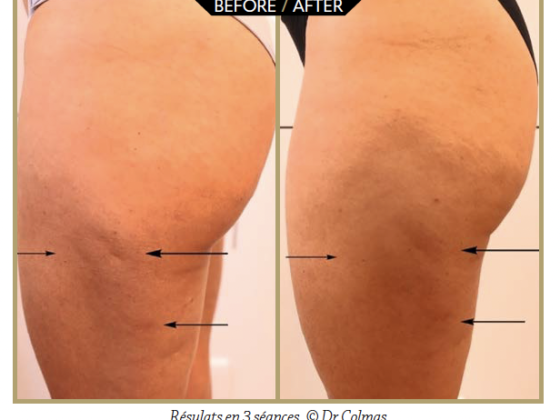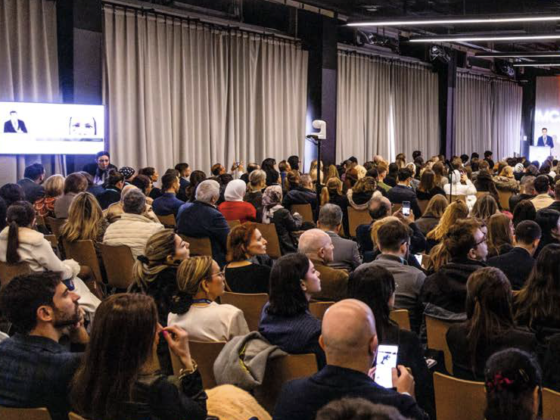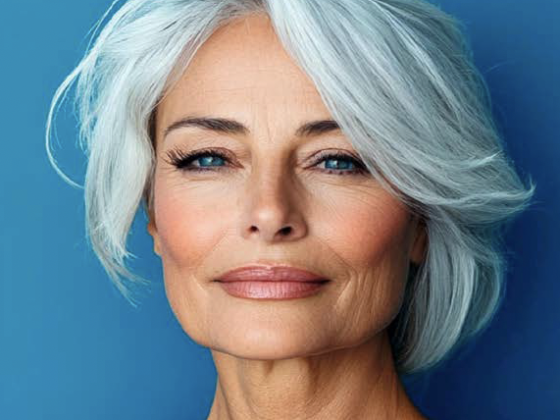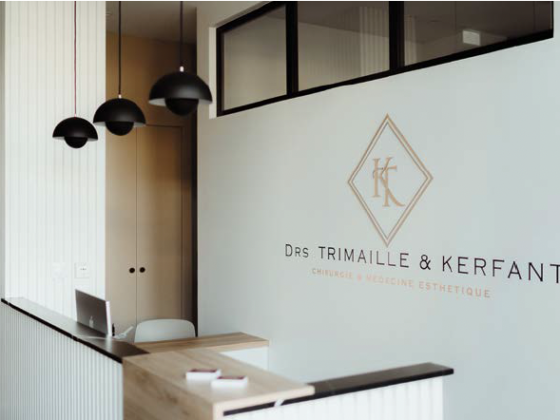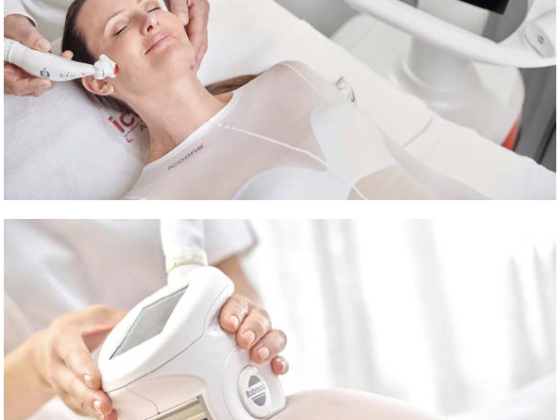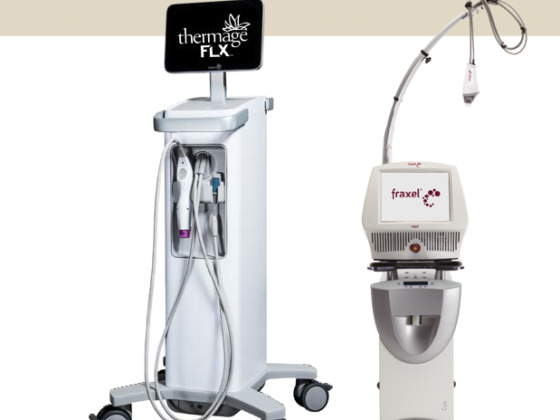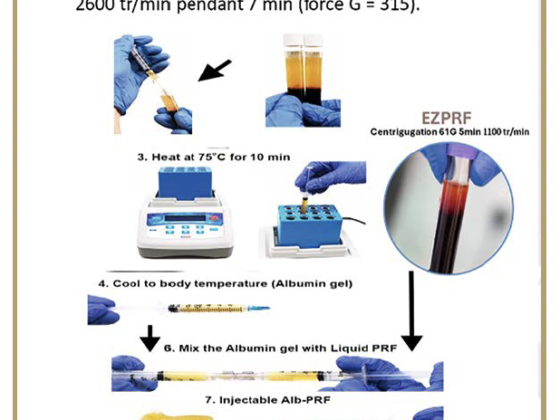Interview with Doctor Peter Edde
The way we evolve and age is determined by our genetic code and environment. The more we know scientifically about our genes the more we understand that our lifestyle actually affects which ones are turned on or off. This determines how we age.
Dr Edde, could you please give us your definition of anti-aging medicine?
Dr. Peter Edde: In developed countries, life expectancy increases by 2 to 3 months every year. A little girl born in France today has one chance in two to reach one hundredyears-old. This lengthening of life expectancy is not always in good health: if at 65-years-old life expectancy is 20 years, we are aware that the 10 last years will be plagued by loss of autonomy and disability. Anti-aging medicine is going to detect, as early as possible, the patient’s risk factors and offer appropriate measures to apply as the patient gets older in order to help them live better and longer.
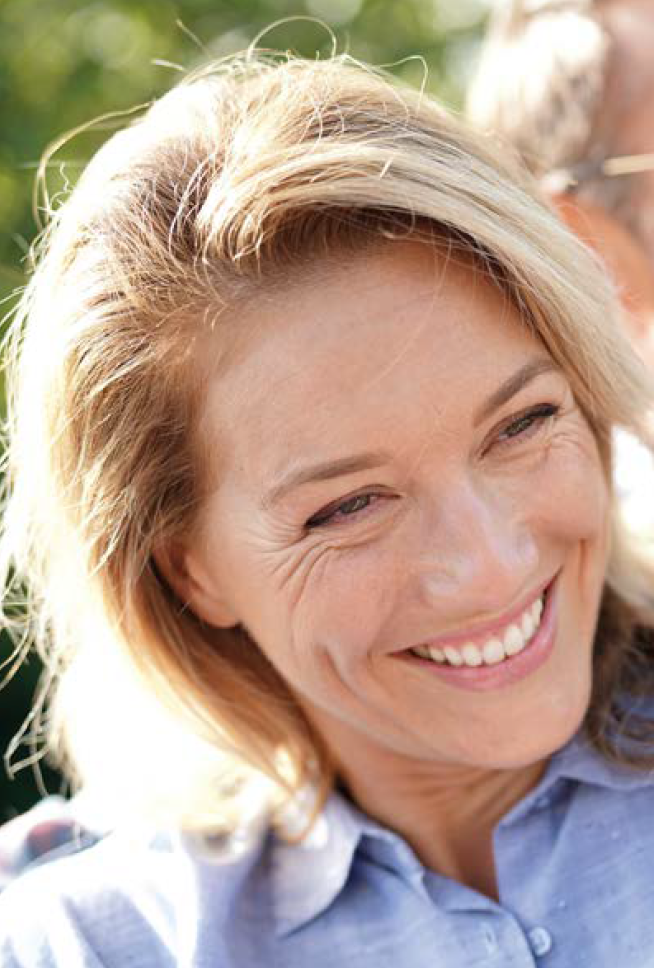
How does the use of the iPaam platform make anti-aging medicine easier?
P. E.: An anti-aging consultation is relatively complex and lengthy. It is necessary to consider many factors which encompass medical knowledge in numerous domains. The iPaam platform gives a true aide throughout the consultation, which is divided into three steps. First, the administration of a self directed 220-question initial questionnaire, allowing the team to obtain a thorough profile of the patient’s health risks. The second stage is the diagnosis stage: taking into account any current illnesses and adding those that may come in the future, those which are dormant but detectable. The third phase is for proposed prescriptions of appropriate treatments and supplementary examinations, if required. iPaam really makes the consultation easier with the peace of mind of obtaining a comprehensive evaluation.
Isn’t aging linked to heredity?
P. E.: Not just that! It is known that aging is 20% caused by our genes and 80% by environmental factors. The more we know scientifically about our genes, the more we understand that our way of living affects those which are activated or not. It determines how we grow old. Environmental factors therefore play a preponderant role in how we grow old.
Could you please give us some examples of the influence of environmental factors?
P. E.: I will give you two very different examples: cancer and Alzheimer’s disease. Some risk factors for cancer are well known: tobacco, excess weight, an unbalanced diet, inactivity… Others are less known: unprotected sexual relationships, compound urban air pollution, use of solid fuels. The risk of developing cancer is exponential, and not cumulative, when risk factors are linked.
Cancer is therefore mainly environmental, which lends it to prevention. It is believed that half of cancers are avoidable. A thorough evaluation will allow us to give recommendations based on the study of personal risk factors and lifestyle: this is anti-aging medicine.
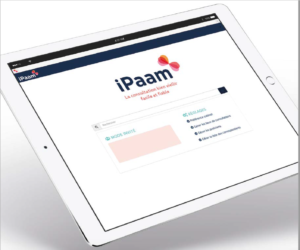
Alzheimer’s disease is a form of dementia. Dementia is a slow progressive decline in several domains of cognition, such as memory, learning and executive function among others… Contrary to widespread belief the genetic origin for Alzheimer disease is proven in only less than 1% of all cases! However, many environmental factors were highlighted in the progression to Alzheimer’s disease: obesity and excess weight, diabetes, hypercholesterolemia, cardiovascular disease, tobacco addiction, lifestyle, mental and physical activity, metabolic syndrome, cranial trauma, high use of alcohol, high homocysteine, vitamin D deficiency, toxins and pesticides, depression, high or weak hemoglobin levels…
These risk factors are modifiable or improvable. Anti-aging medicine can detect these factors of risks. That is good news, is it possible to act on these environmental factors?
P. E.: It is excellent news because it means that our aging is no longer out of our control and that it is possible to act by modifying these environmental factors: it is the reason for anti-aging medicine and this is why there is a current fascination with this new speciality. This new medicine is very different from the medicine that is taught in medical school: Diseases are not treated but they are prevented, we try to detect them before they manifest themselves.
It is necessary to act as early as possible. I explain: when we are young, we have large physiological reserves which help us manage physical and emotional stress. The longer we live, the more we exhaust this reserve, the more we are vulnerable to mental and physical illness.
As we age, depending on the physiological, environmental and lifestyle factors we can exhaust our physiological reserves and find ourselves vulnerable to disease despite the fact that we are at our prime at 26-years-old. Given that these factors are deleterious to our health and longevity it is important to detect them and act on them as soon as possible. This stresses the importance of getting an iPaam platform evaluation as soon as possible.
How can we detect all these elements of fragility and how can we prevent them?
P. E.: This is the difficult thing about anti-aging medicine, as it calls on various fields of medicine at the same time. One of my well regarded mentors always said: “One finds only what is being searched for”, but then we have to search for everything! A consultation for anti-aging medicine may last half a day and it is not even sure that all elements of risk and vulnerability have been detected once done. An article in the “New England Journal of Medicine” about preventive medicine concluded that: “A computerised system is from now on the solution best adapted to help an advanced care provider offer appropriate comprehensive advanced preventive care.”
With this principle we continued to develop, in association with several doctors including Dr Claude Dalle, the platform of predictive and anti-aging medicine to assist the doctors in their “better aging” consultations.
iPaam* is the name of this platform. It not only allows the detection of all elements of risk and vulnerability of the patient but also gives the doctor personalized recommendations for testing (like biology, genetics) as well as a personalised health plan (individual diet, food complements, hormonal supplementation) allowing her/him to support her/his patient in her/ his search for better aging.
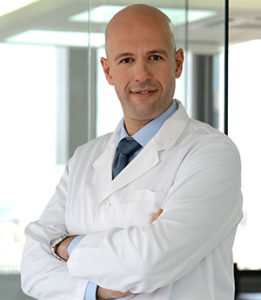 Doctor Peter Edde
Doctor Peter Edde
Family, Integrative and Preventive Medicine Dr. Peter Edde has practised in the United States since 2001 and specialises in Family, Preventive and Integrative Medicine. He takes into account the impact of lifestyle on health. He has the certification from the American Council of Integrative and Holistic Medicine and the American Board of Family Medicine. He twice received recognition award from the American Medical Association. He taught until 2012. He is a member of the American Academy of Family Medicine. In 2009 and 2018, he was named ‘Top Doctor’ by the Philadelphia Main Line Today magazine. He was also chosen in 2012 by a group of European scientists working in genetics and preventive medicine to help them develop a disease prevention program.




